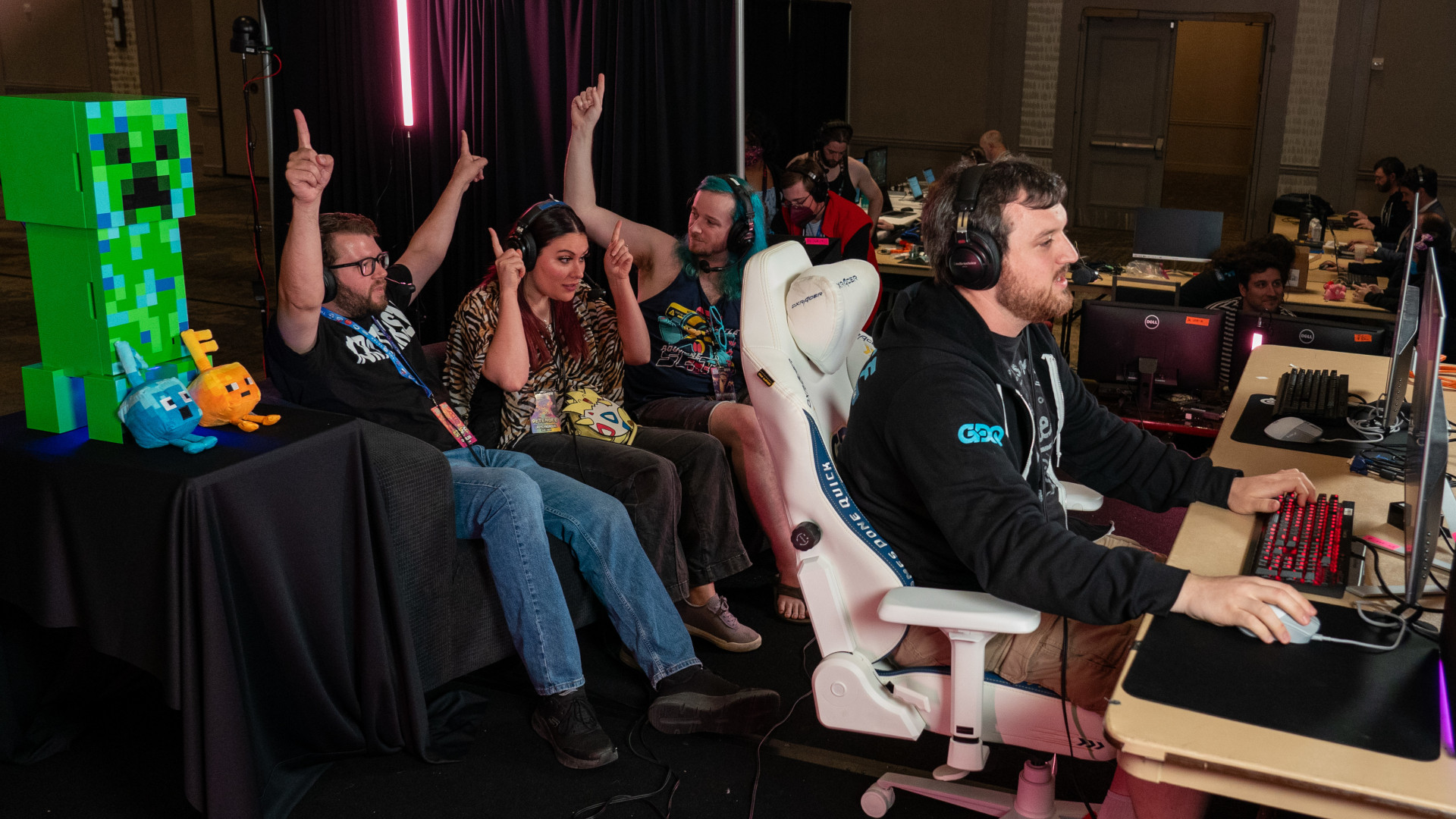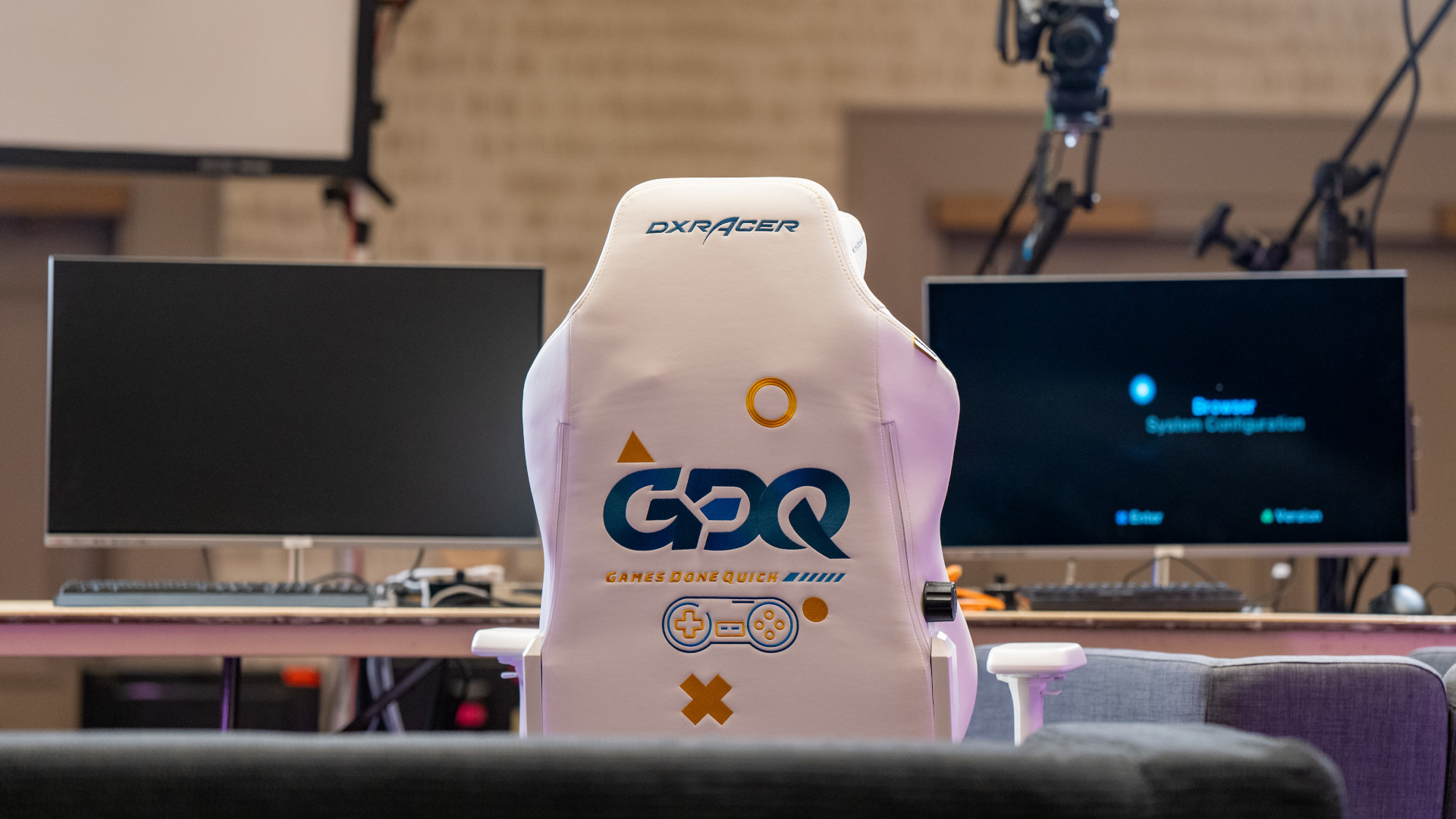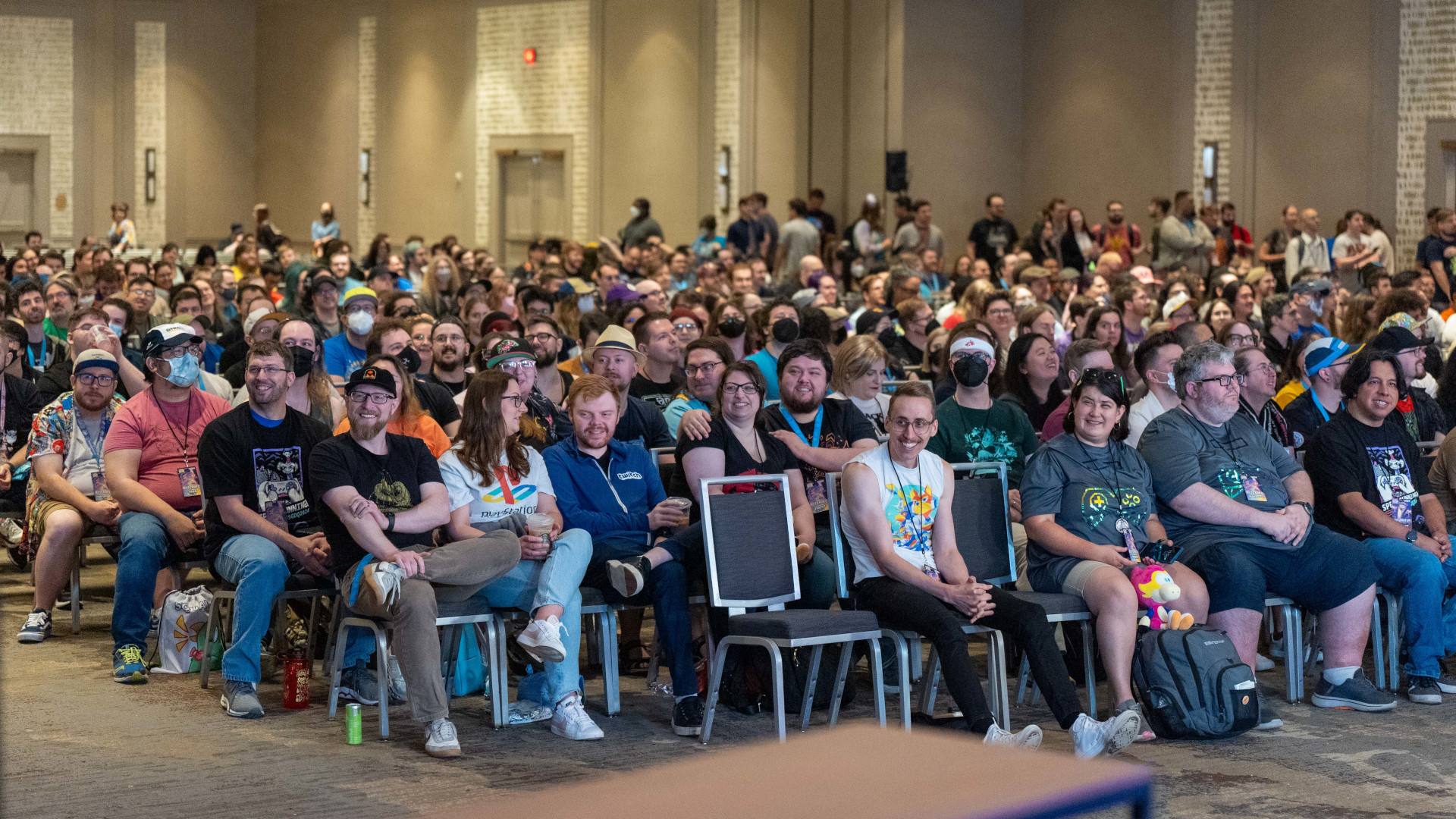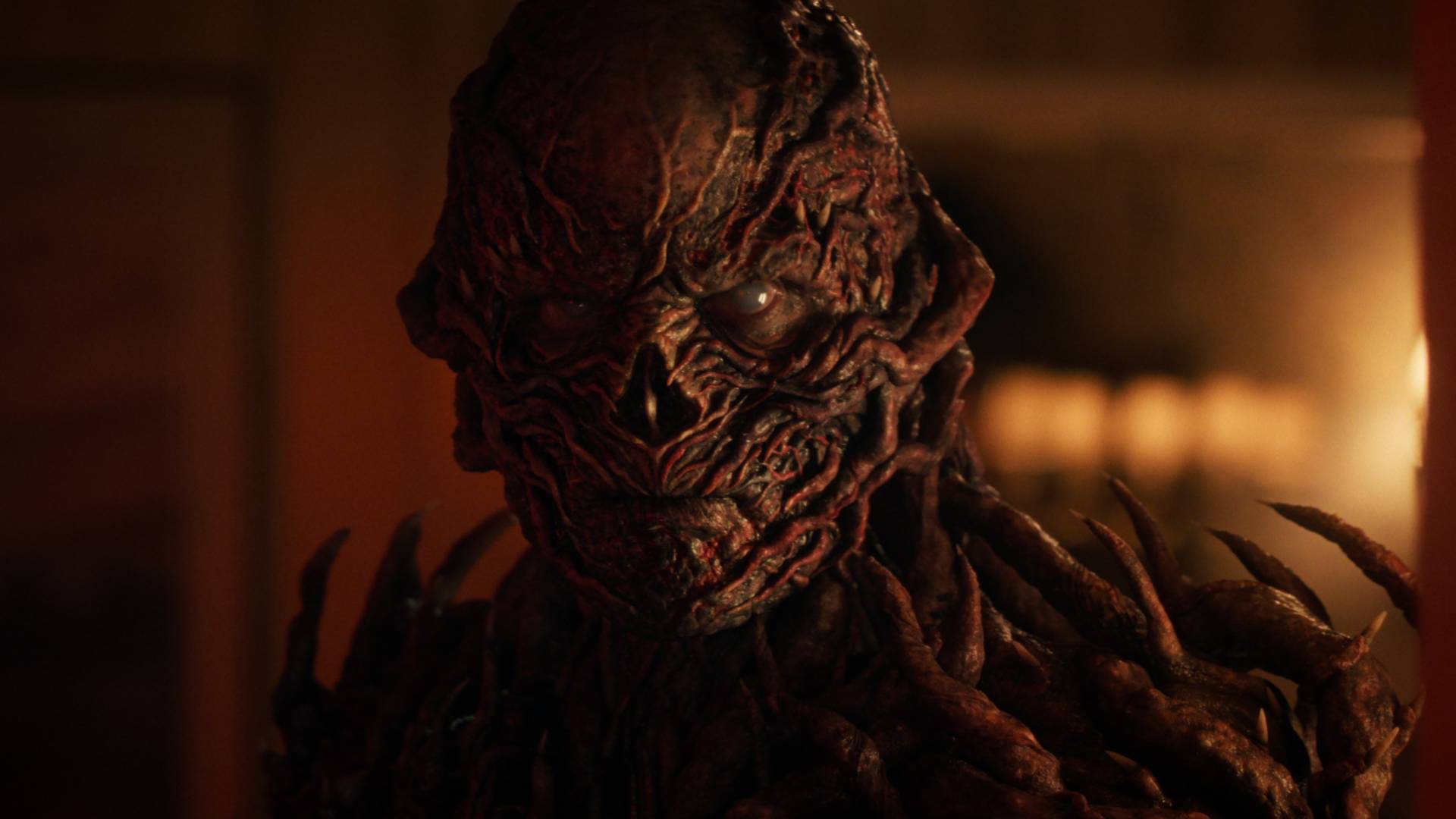Charity speedrun icon Games Done Quick has a new owner, but he says the GDQ vibes aren't changing: "It's basically like a family get-together"
Interview | GDQ founder Mike Uyama's long-delayed plans to step down are coming to fruition, and director of operations Matt Merkle is more than ready to take the helm

In early 2023, Mike Uyama, founder of the charity speedrunning event Games Done Quick, announced that he was stepping down from the organization's leadership. In an interview with NME, Uyama said that the stress of running the event had finally caught up to him following the onset of the COVID pandemic, and after 13 years of running GDQ he was ready to move on to something new. The plan was to transfer leadership of GDQ to director of operations Matt Merkle, but those plans were unfortunately put on hold when Merkle suffered a medical emergency that left him hospitalized.
But now, a year-and-a-half later, GDQ's change of hands is finally coming to fruition. Merkle is now the majority owner of GDQ, and will continue to serve as its director of operations. The leadership team includes director of technology Jason Deng and business director Ashley Farkas, who also now have partial ownership of the organization. In a press release, Uyama says that "stepping down from Games Done Quick has given me time to rest, recover, and reflect on my accomplishments and where I am in life."
The idea of splitting GDQ's leadership between multiple people has been percolating for years, going back to an incident where Uyama himself fell ill. "Everything had still had to go through him, but he was the only one that could do it," Merkle tells GamesRadar+. "It involved me even taking trips to his parents house, where he was living at the time, to try and get paperwork done – the legal paperwork, just to keep the business running – because he was so out of it that he was basically bed bound. After that, we realized that, really, the company needs to be broken up, so we decided this would be a good time to do it that way. None of us are the fall guy for this, and that way the company is safe to continue forward from here."
New leaders, same GDQ

Even with the leadership shakeup, you shouldn't expect GDQ to change radically. "I've been doing a lot of the running of the show for a while now anyway, so I don't expect people to see a lot of differences," Merkle says. "I've already been back to attending the past couple events, and I've been putting my part into those events. Mike's last event that he really contributed significantly to was summer 2023, so I think people can kind of get an idea what the show is going to be like. I've heard a lot of good things from the community on the last two events, so I think we're going in the right direction."
In the years since the first GDQ event was held in the basement of Uyama's parents' home, the event has grown massively. Awesome Games Done Quick raises millions of dollars every January for the Prevent Cancer Foundation, while Summer Games Done Quick does the same later each year for Doctors Without Borders. Besides the big annual events, there are numerous smaller shows supporting other causes and highlighting diverse runners, with GDQ Hotfixes, Frame Fatales, and Unapologetically Black and Fast providing more speedrun action throughout the year.
I've heard a lot of good things from the community on the last two events, so I think we're going in the right direction.
Matt Merkle, GDQ director of operations
GDQ itself does not touch any of the money that viewers donate, as it all goes directly to the partner charity. "We don't even have the bank account information," as Merkle explains. "You're donating directly to their own PayPal account, so that way, you don't have to worry about trusting us with your money." GDQ is funded through contracts with its partner charities. In turn, these charities pay a flat fee to keep GDQ's lights on.
"This is all decided ahead of time, that roughly $450,000 they'll pay us in a flat fee as a way to fund the event," Merkle explains. With recent GDQ events typically bringing in $2.5 million in donations, Merkle estimates "it's roughly 15 to 17% of what we bring in. But we do it as a flat fee - fixed amount - so that they know exactly how much money they're gonna have to pay for the event, regardless of what the event actually turns up, so that way they don't have to worry about fluctuations too much."
Weekly digests, tales from the communities you love, and more
Those contracts are made year-by-year, too, so the charities are under no obligation to partner with GDQ again. Yet both the Prevent Cancer Foundation and Doctors Without Borders have each stuck with GDQ for over 10 years, so the charities certainly seem to be happy with the results. There was a stretch of time where it seemed like the donation totals would never stop going up, but after a peak of $3.4 million at AGDQ 2022, more recent events have seemed to settle in at the $2.5 million mark.
"We're certainly not too disappointed about $2.5 million every year," Merkle jokes. "If that's what the future of GDQ holds, just a totally sustainable number - plus inflation, hopefully - for the rest of time, that's fine. We can survive with that. We'll be happy with that. But I think there's room to grow maybe over the next couple years." Merkle is particularly optimistic because in-person attendance has been growing substantially over the past few years since GDQ returned to in-person events.
A family get-together

Putting growth aside, getting back to live GDQs has been valuable for the people we all tune into watch, too. "It's basically like a family get-together for a lot of the speedrunners, so it's a very laid back event," Merkle says. "People hang out in their own rooms to watch the show together, or they go down to the practice room, the casual room, hang out with their friends and speed run - you know, do what they do for their hobbies. It's always fun to see people who you don't see for six months or a year."
GDQ getting bigger might help organizers put on more side events, and Merkle says there are already some hopes for what might happen there, liking moving "Unapologetically Black and Fast to a charity event, maybe doing some things with the Asian community or something like that - that's something we want to continue to look into in the next couple years." But Merkle acknowledges there are limits to how big the GDQ umbrella can reasonably get, and it seems unlikely that we'd see, say, a third annual event to match the scope of AGDQ and SGDQ.
Either way, Merkle is excited to settle into his new role - after all, it's been a long time coming. "It's been a lot of work, but it's definitely something I've been excited about," he says. "I've had various points in the company history where I've been effectively running the ship anyway, just because Mike was down for so long. It's not something I'm really surprised by or concerned about. I'm pretty settled in my shoes and how they run the show at this point. There's been a lot of new stuff now - we've obviously got to handle the taxes and all the other fun stuff that everyone loves to do. But beyond that, I think it'll be just as fun as otherwise, and I'm hoping to be able to continue to put on the best show possible for everyone."

Dustin Bailey joined the GamesRadar team as a Staff Writer in May 2022, and is currently based in Missouri. He's been covering games (with occasional dalliances in the worlds of anime and pro wrestling) since 2015, first as a freelancer, then as a news writer at PCGamesN for nearly five years. His love for games was sparked somewhere between Metal Gear Solid 2 and Knights of the Old Republic, and these days you can usually find him splitting his entertainment time between retro gaming, the latest big action-adventure title, or a long haul in American Truck Simulator.


